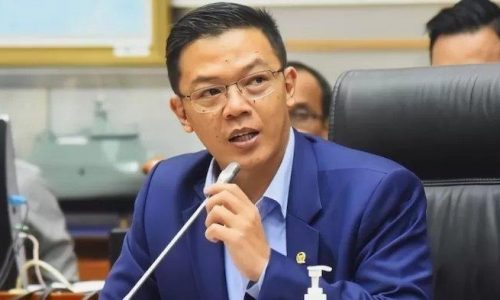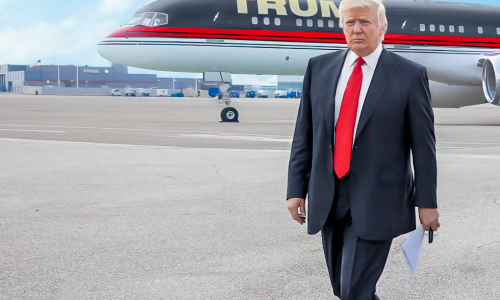President Xi Jinping has emphasized China’s commitment to improving the lives of its people and clarified its collaborative approach with other nations, entities such as APEC, and including superpowers like the United States, during a meeting at the Asia-Pacific Economic Cooperation (APEC) forum.
APEC, established in 1989, is a cooperative forum comprising 21 economies around the Pacific Rim. Members include Indonesia, Australia, Brunei Darussalam, Canada, Chile, China, Hong Kong-China, Japan, South Korea, Malaysia, Mexico, New Zealand, the Philippines, Peru, Papua New Guinea, Russia, Singapore, Taiwan, Thailand, the United States, and Vietnam.
China’s President Xi Jinping outlined four cooperation principles for APEC-China collaboration, emphasizing a non-political, economic-focused partnership. He stated that China’s development goal is to enhance the well-being of its people rather than seeking to displace any other nation.
The key objectives of APEC are detailed in the APEC Putrajaya Vision 2040, agreed upon in 2020, replacing the Bogor Goals established in 1994. Xi Jinping reiterated China’s pursuit of modernization to build a great nation and revitalize the country across all aspects.
Following a four-hour meeting with U.S. President Joe Biden on November 15, 2023, where Biden referred to Xi as a dictator, Xi Jinping, on November 18, 2023, stressed China’s commitment to progress despite obstacles and invited APEC members to uphold the organization’s initial mission.
“I am ready to work with you to achieve new successes in the Asia-Pacific and look forward to the next ’30 golden years’ in the region,” said President Xi.
Xi Jinping proposed four principles for APEC cooperation:
- Commitment to innovation-driven development, following trends in science and technology, promoting proactive exchanges and cooperation, and nondiscriminatory support for technological advances;
- Commitment to openness in development, advocating for barrier-free free trade, investment, and supporting and strengthening a multilateral trade regime centered on the WTO, while maintaining an open and stable global supply chain;
- Commitment to green development, accelerating the transition to low-carbon and environmentally friendly development, ensuring that carbon emission reduction and pollution mitigation progress in tandem;
- Commitment to inclusive development that benefits all, fully implementing the UN 2030 Sustainable Development Agenda, and prioritizing development on the international agenda.
President Xi emphasized the need to respond to the demands of the times and face global challenges together, striving for an open, dynamic, resilient, and peaceful Asia-Pacific community for the well-being of all current and future generations.










